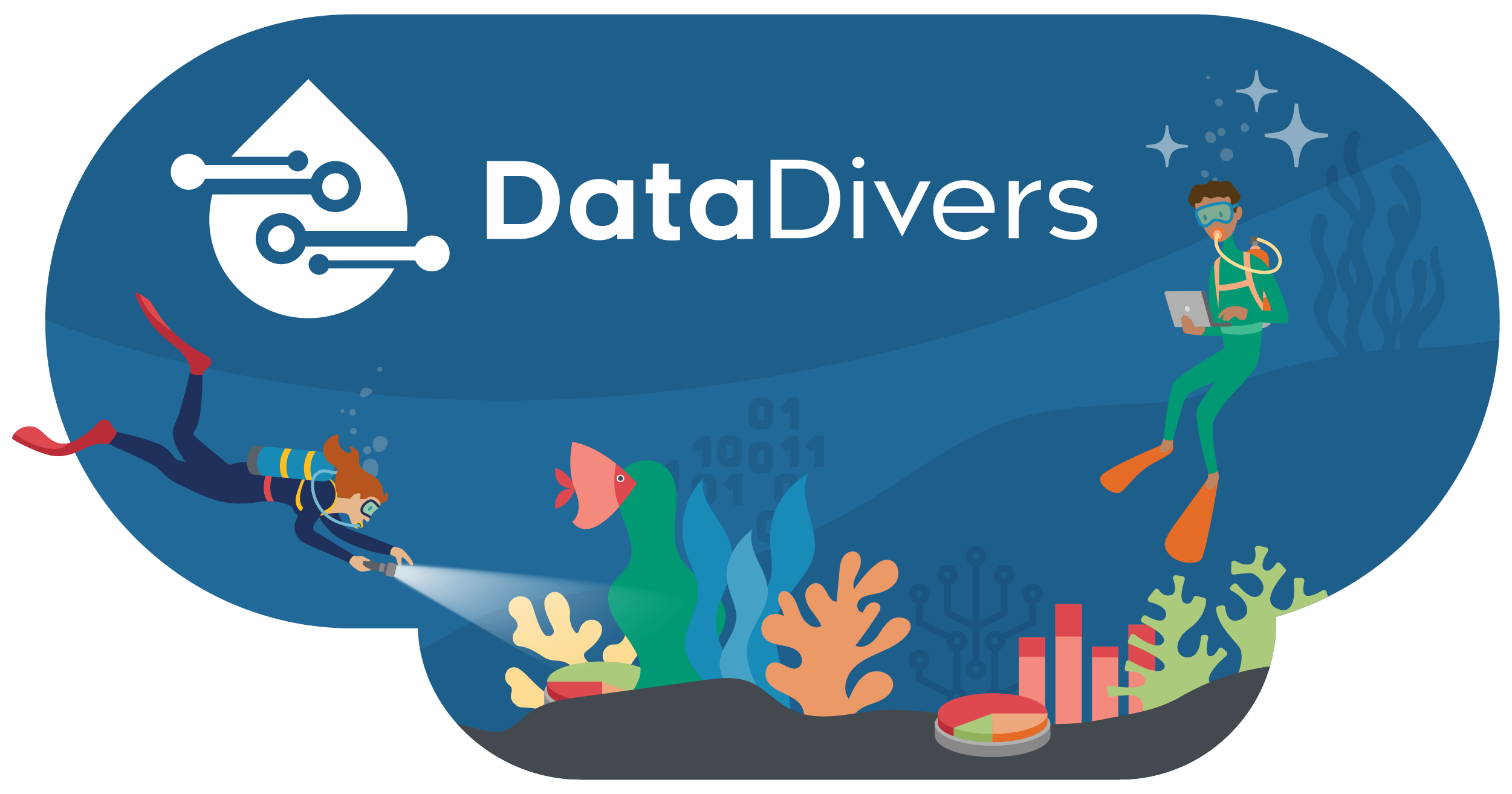Our client is a state government department that is aiming to modernise its Operational Management System (OMS) by decoupling reporting from core transactional processes. Previously, reporting was tightly coupled with the operational relational database, resulting in inefficiencies, duplicated effort, and limited scalability.
Our client is a state government department that is aiming to modernise its Operational Management System (OMS) by decoupling reporting from core transactional processes.
Previously, reporting was tightly coupled with the operational relational database, resulting in inefficiencies, duplicated effort, and limited scalability.
The Operational Information Systems (OIS) team identified an opportunity to shift analytics to a dedicated Microsoft Fabric lakehouse, decoupling day-to-day operational processing from reporting and analytics workloads. This would streamline data access, improve performance, and reduce ad hoc reporting by enabling enriched insights through reusable Power BI dashboards, ultimately freeing up the team to focus on higher-value work.
DataDivers co-architected a Microsoft Fabric lakehouse platform with the Department, using medallion architecture and star schema modelling to align with OIS requirements.
We applied our Open Water Fabric framework to enable this metadata-driven solution for the Department. This solution was one of the first of its kind, automating ingestion and transformation logic to enable repeatable reporting.
As an early adopter of Microsoft Fabric, we took the lead in designing and implementing the metadata-driven architecture, while Microsoft supported the initiative with technical guidance and stayed closely engaged throughout the project’s delivery. The solution integrated with Power BI and existing intranet workflows, enabling decentralised, team-owned reporting with ease of access.
Implementing a Microsoft Fabric lakehouse platform with our Open Water Fabric approach enabled:

DataDivers’s domain in Rmkble is the deep ocean of data, analytics, and AI. Their expertise spans data and AI strategy, building data and AI platforms and hubs, advanced AI and ML driven analytics and data science, and creating a data first culture.
If you’re ready to discuss your goals, reach out to us via the form and one of our team members will be in contact with you.
Alternatively, drop us a query or an expression of interest at: operations@rmkble.com.au.